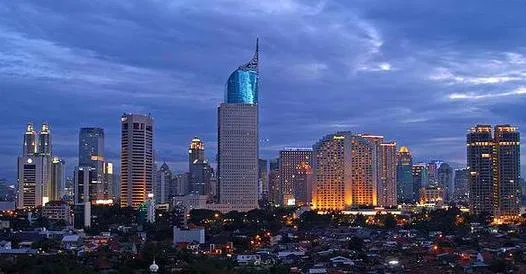
Lower fuel subsidies mean more renewable energy
It will demand heavy investments and political will to increase the share of renewable energy sources in Indonesia’s total energy mix from the current 5% to 17% by 2025.
The major hindrance to this aim is the entrenched subsidies for fossil fuels that make the price of fossil fuels less expensive than RE alternatives.
Attempts to cut subsidies have often met with street protests and opposition from politicians who say higher fuel prices will hit the poorest the hardest. Rising subsidies threaten to push Indonesia’s budget deficit above a government mandated limit of 3% of GDP.
Last March, Parliament denied a government bid to raise the price of subsidized fuel by 33%, saying it would only agree to price hikes if the price of oil exceeded budget assumptions by 15% for six straight months. The latest setback means subsidies will remain stay despite investor disapproval.
And as long as subsidies make the price of fossil fuels less expensive than renewable energy alternatives, consumers have little reason to change consumption habits that rely on coal and oil-based power. Despite the subsidies, 35% of Indonesia’s population is without electricity.
RE advocates are encouraged by the falling prices for photovoltaic panels used to generate solar power. Rising power costs are also boosting solar development in Indonesia, which has been described as a natural solar market.
Indonesia’s Solar Home Systems programme from 2005 and 2009 led to the installation of 77,433 rooftop solar panel units from 2,390 units. The total would have been higher had the program not been checked by a corruption scandal.
A lack of infrastructure and high up-front costs are also limiting the growth of rooftop solar panels.
Geothermal remains the most widespread RE alternative, accounting for 75,000MW of power out of a total supply of 31 GW.








![Cross Domain [Manu + SBR + ABF + ABR + FMCG + HBR + ]](https://cmg-qa.s3.ap-southeast-1.amazonaws.com/s3fs-public/styles/exclusive_featured_article/public/2025-01/earth-3537401_1920_4.jpg.webp?itok=WaRpTJwE)
![Cross Domain [SBR + ABR]](https://cmg-qa.s3.ap-southeast-1.amazonaws.com/s3fs-public/styles/exclusive_featured_article/public/2025-01/pexels-jahoo-867092-2_1.jpg.webp?itok=o7MUL1oO)









 Advertise
Advertise


